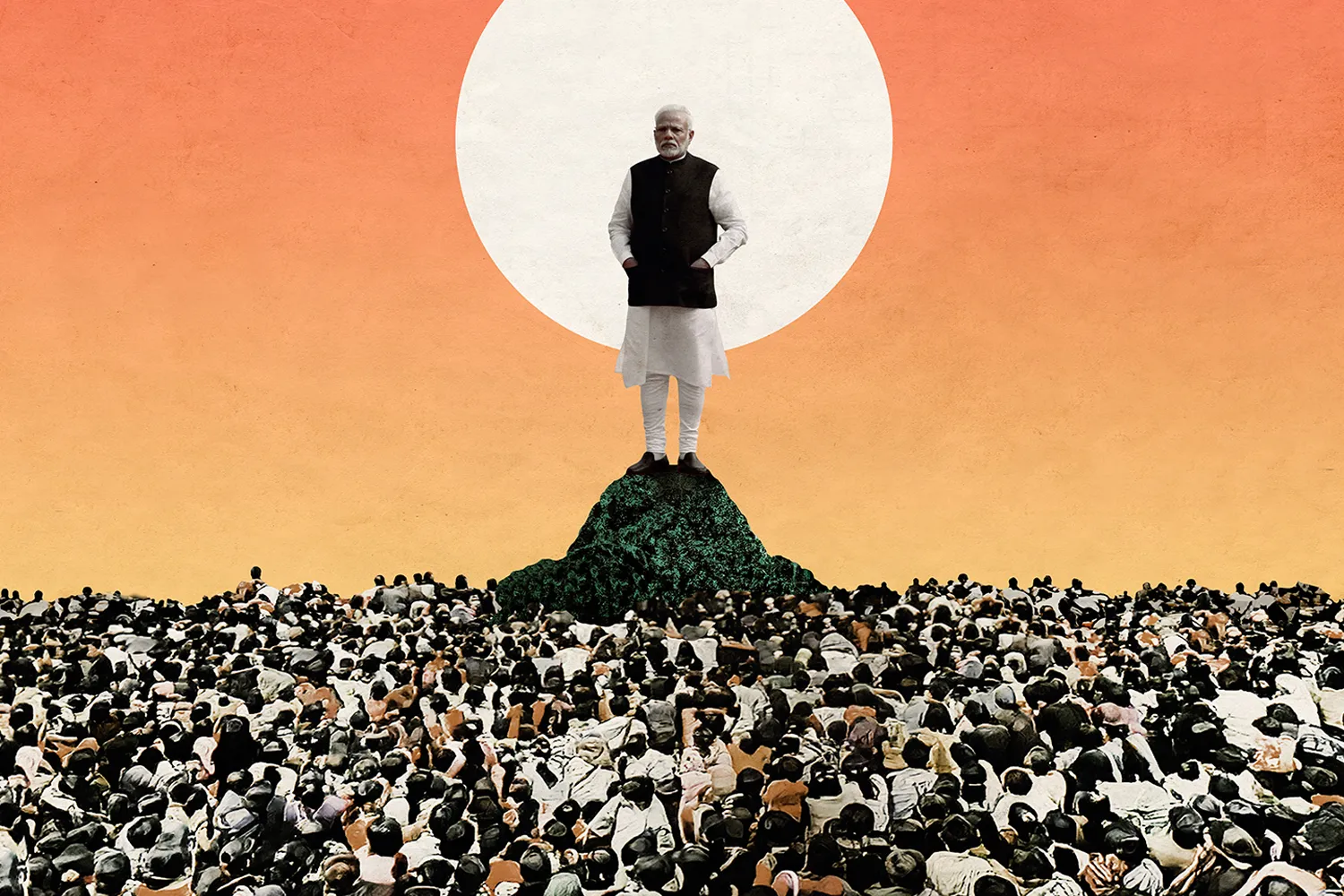For millennia, the quest to identify the qualities or behaviors associated with effective leadership has occupied many and has been studied in philosophical texts ranging from Plato’s Republic to Plutarch’s Lives. Leadership value was the early awareness and the presumption that leadership is rooted in the traits that particular people possess that served as the foundation for this search. Over the years, theories relating to qualities, situational interaction, function, behavior, power, vision, and values, as well as charisma and intelligence, among other factors, have been advanced through studies of leadership. In the sociopolitical context of South Asia, it has been more common among the masses to harbor a worshipful fascination for leaders than to merely commend their actions.
This tendency of the general populace to turn their admiration into slavish devotion epitomizes the contradictions in ideas about nation-building.
Leadership: Decoding Approaches
Notably, the vast majority of theories from the 20th century held that great leaders were born, not created. According to recent studies, however, leadership is significantly more complicated than this and cannot be summed up in a small number of fundamental personality attributes. Years of research and observation have shown that one or a few of these attributes do not necessarily create a great leader. It has been determined by academics that a person’s leadership qualities, such as intelligence, assertiveness, or physical appeal, remain consistent regardless of the circumstances. Nevertheless, depending on the occasion, each essential quality may be utilized differently.
Despite being widely studied, it has been said that leadership is one of the notions that is least understood by all cultures and civilizations. Numerous academics have emphasized the pervasiveness of this misconception over the years, claiming that the existence of several false presumptions, or myths, regarding leadership frequently obstructs people’s perceptions of what leadership is all about. When it comes to group impact and the attainment of goals, leaders are typically seen as making all the difference. Although prevalent, this romanticized perspective on leadership—the propensity to exaggerate the level of control leaders have over their groups and the outcomes of their groups—ignores the existence of numerous additional factors that affect group dynamics. For instance, group cohesion, communication styles, individual personality features, the environment of the group, the nature or focus of the job, behavioral norms, and established standards all have an impact on how well a group functions in various contexts. Therefore, it is unjustified to believe that all leaders have complete influence over the accomplishments of their teams or followers.
A Romanticized Lens
Often, a romanticized vision of leadership is seen by people as the anchor that makes sense of their environments and intricate institutional structures because it has been infused with mystique and magnificence that make them dismiss reality. Nevertheless, there is a darker side to romance, as there always is.
While romanticizing leadership often elevates leaders to a pedestal where they can bask in the glory of all that goes well for their followers, it also puts them under undue scrutiny when problems arise.
Due to an excessive attribution of personal accountability, the leader may end up being the villain rather than the messiah. This is predicated on the idea that followers are usually more influenced by their perceptions of a leader’s competence than by reality.
But it seems that both followers and leaders are equally active in creating and preserving the idealized perception of leadership. The idealized, often almost divine, public perception of a person that has been purposefully created and sculpted via regular media exposure and propaganda is referred to as the “cult of personality phenomena.” This perspective concentrates on the frequently superficial, outward illusions that many public personalities nurture to create an idealized and heroic image; as a result, they are able to manipulate others entirely based on the influence they exercise. To this end, three structural factors that are intrinsically essential but not enough for the establishment of a cult are a specific combination of control behavior and patronage, the absence of dissent, and systemic deception that permeates society’s ethos.
One of its best instances may be seen in the early years of the Nazi Party, when Nazi propaganda started to portray Nazi leader Adolf Hitler as a populist political figure who was the all-powerful savior and redeemer of Germany. The Weimar Republic had left the German people in disarray after World War I and the Treaty of Versailles, and according to Nazi propaganda, only Hitler could save them and reinstate Germany’s glory, which in turn gave rise to the “Führer-cult.”
South Asia: Of Cults and Visions
From the vantage point of South Asia, the first prime minister of India, Jawaharlal Nehru, was renowned for cultivating a personality cult around himself. The phrase “Nehruvian consensus” refers to the predominance of his principles, which are a manifestation of his personality cult and the accompanying statism, or the widespread belief in the power of the state and its leadership. Decades later, the current Indian prime minister, Narendra Modi, is frequently condemned for establishing a personality cult. Undeniably, Modi’s magnetism enabled the Bharatiya Janata Party (BJP) to regain control in the 2019 parliamentary elections, despite some failures and controversy. He has frequently been charged by the opposition with leveraging popular media like television, films, and web series to disseminate propaganda.
In neighboring Pakistan, the most influential political parties remain dynastic in essence, in spite of the lip service paid to the virtues of democracy. While average workers may have a chance to advance to a certain level, the top echelons of these political parties still consist of the founders’ offspring or other close relatives. Currently, the founders or the founders’ descendants are in charge of the Muslim League (N), Pakistan Peoples Party, and Awami National Party; this is the case for many other regional political parties as well. Unfortunately, the opposition to this lengthy and erroneous legacy has resulted in a rise of populism, which encompasses a variety of political orientations that place an emphasis on the idea of “the people” and generally pit this group against “the elite.”
Rationality Versus Romance
With all the homage paid to political personalities in the region, it is important to remember that a democratic society’s ability to function critically depends on the choices voters make, including whether or not such choices are sensible.
A healthy democracy depends on its people making informed choices, especially when choosing the candidates who will best help them realize their vision of the ideal society. Ultimately, voters have the power to influence their society’s leadership, laws, and policies. If voters act with intention and ground that intention on their assessments of the candidate’s abilities or performance, then their decisions are rational. Any choice that doesn’t fit either of the aforementioned standards would be deemed unreasonable.
Certainly, there is no remedy for the issues that exist if all that is offered to the masses is a romanticized mirror image of an ideology that promises salvation. Herein, the hope lies in the region’s inhabitants discovering a plausible way out of the post-romantic phase’s ceaseless spiral of disenchantment with deified leadership.
The views expressed in this article are the author’s own. They do not necessarily reflect the editorial policy of the South Asia Times.
Fariha Rashid is an independent research analyst with a keen interest in Indian affairs and history, driven by her love for diverse perspectives as an avid reader. She can be reached on X @_FarihaRashid_





Add a Comment